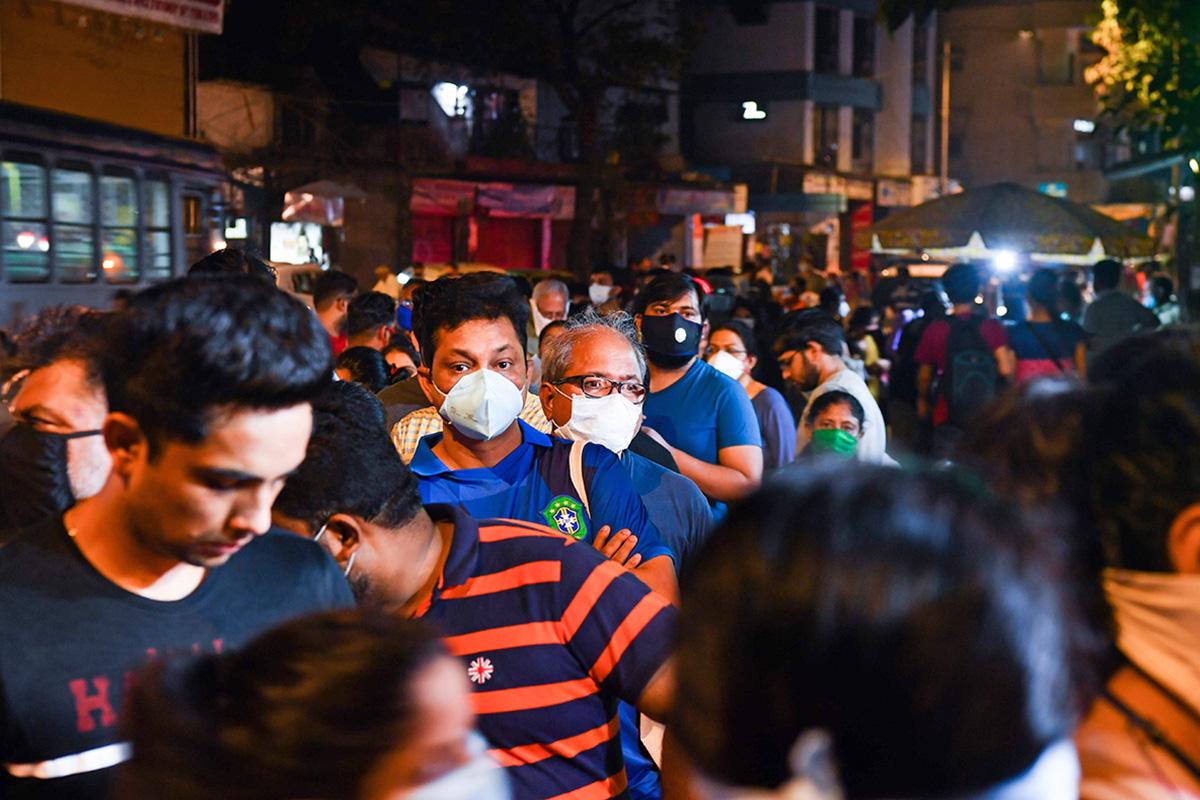Coronavirus: A glossary of key terms
What do some of the words we keep hearing about coronavirus actually mean?

As the coronavirus crisis spreads around the world we have all had to become familiar with new ways of living and new language associated with the pandemic. Here is a brief description of some of the words associated with coronavirus and what they mean.
Covid-19
This is the name of the pandemic coronavirus disease spreading around the world. It is caused by a new coronavirus strain originating from Wuhan, China.
Coronavirus
A family of viruses including Middle East Respiratory Syndrome (MERS-CoV) and Severe Acute Respiratory Syndrome (SARS-CoV).
SARS-CoV-2
This is the name of the virus that causes the Covid-19 disease. It stands for severe acute respiratory syndrome coronavirus 2.
Social distancing
Measures to limit person-to-person interactions to prevent infection. This includes people staying at least two metres away from each other in supermarkets, on public transport and among family members they may not live with. The government has imposed restrictions designed to enforce social distancing, which include working from home, closing schools, and shutting shops, restaurants and cinemas etc. People can only leave their homes for essential purposes such as buying food and to take one form of exercise each day. Police will have the powers to fine people and to disperse groups of more than two people.
Self-isolation
This is a more severe form of social distancing and applies to people who have symptoms of coronavirus. They should remain indoors as much as possible and avoid contact with other people including those in their own home if they are yet to show symptoms. This period should last for seven days but anyone living with symptomatic people should self-isolate for 14 days because of the length of time it takes for the virus to incubate and show symptoms.
Shielding
Shielding is a practice used to protect extremely vulnerable people from coming into contact with coronavirus. This applies to 1.5m vulnerable or elderly people with other health conditions. They should not go outside for 12 months, even to buy food. The army is supplying them with essentials.
PPE
Persona protective equipment is the kit used by nurses and doctors to prevent them becoming infected. It includes surgical masks as well as respirators knowns as FFP3 masks, visors, face shields, gloves and aprons.
Join our commenting forum
Join thought-provoking conversations, follow other Independent readers and see their replies
Comments
Bookmark popover
Removed from bookmarks